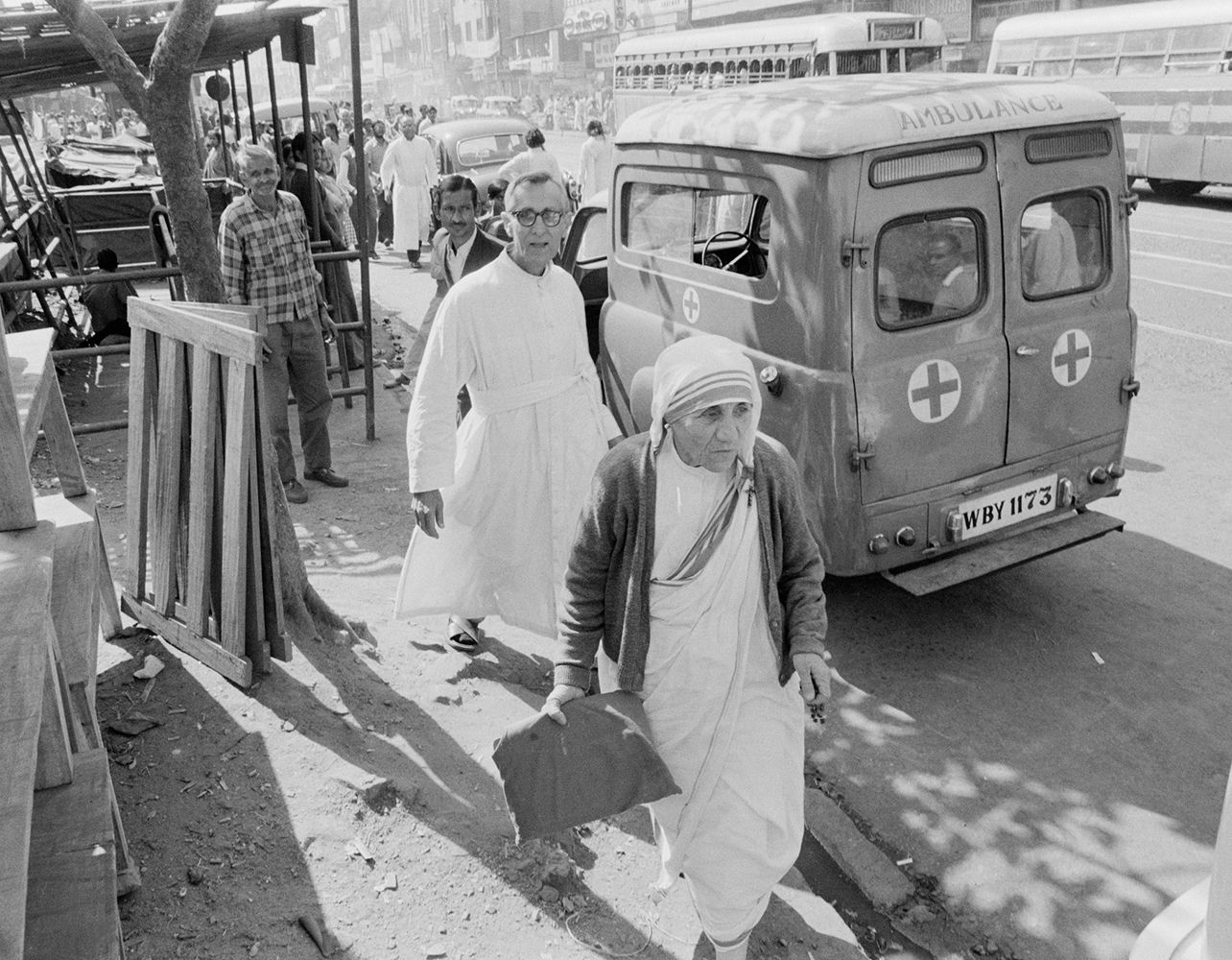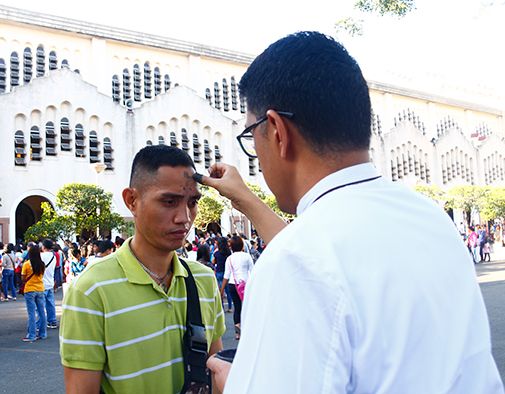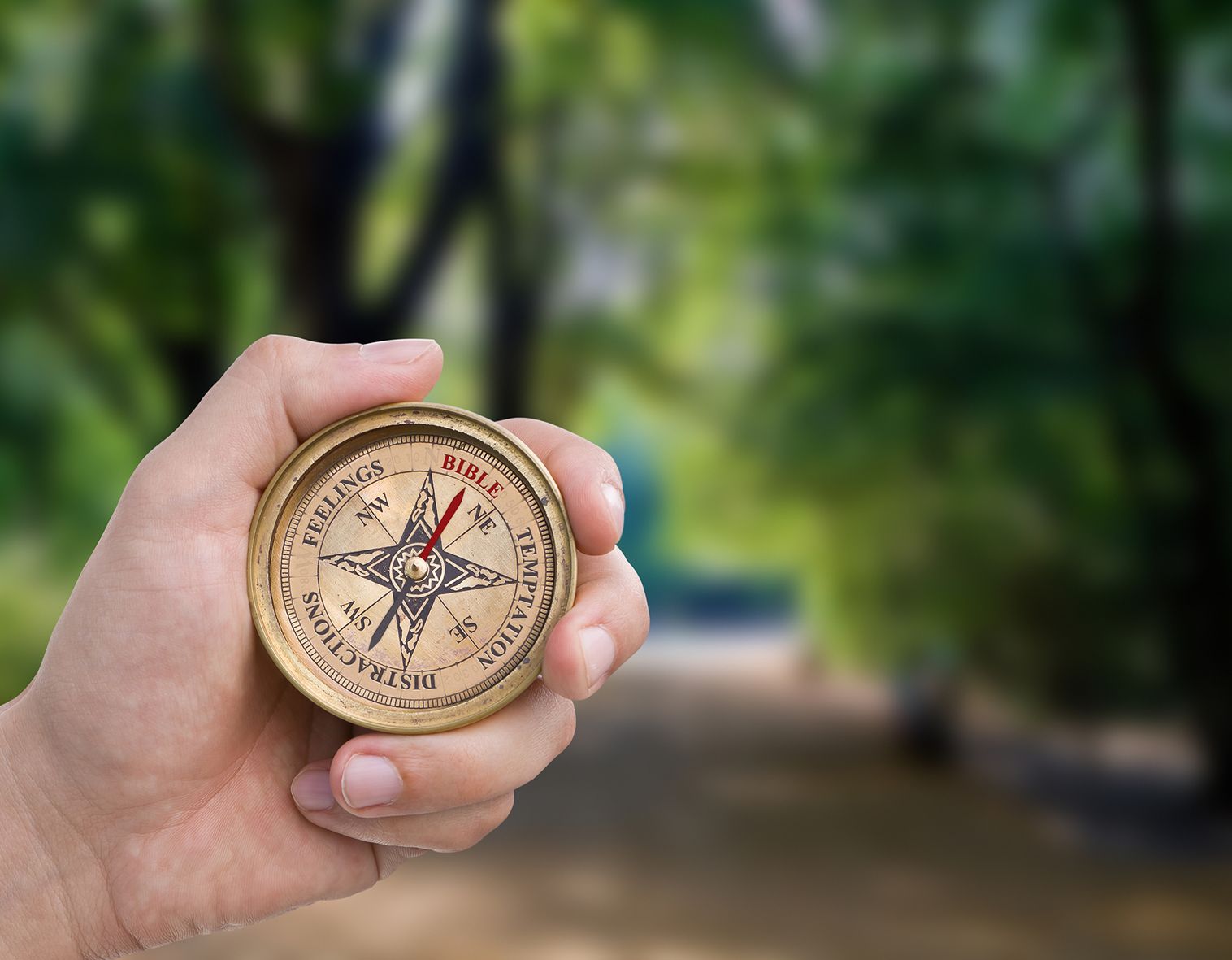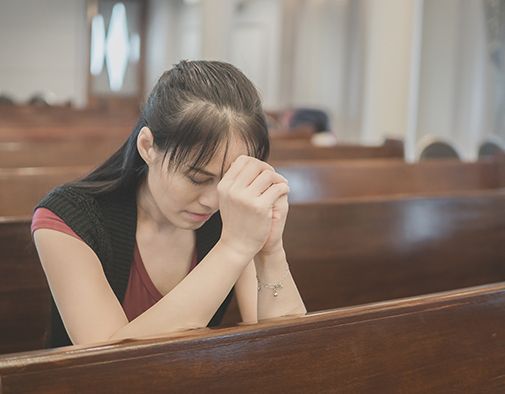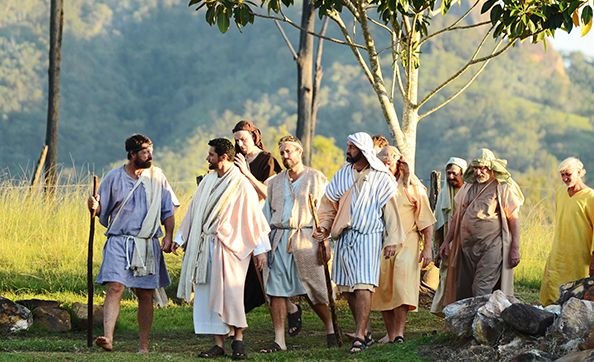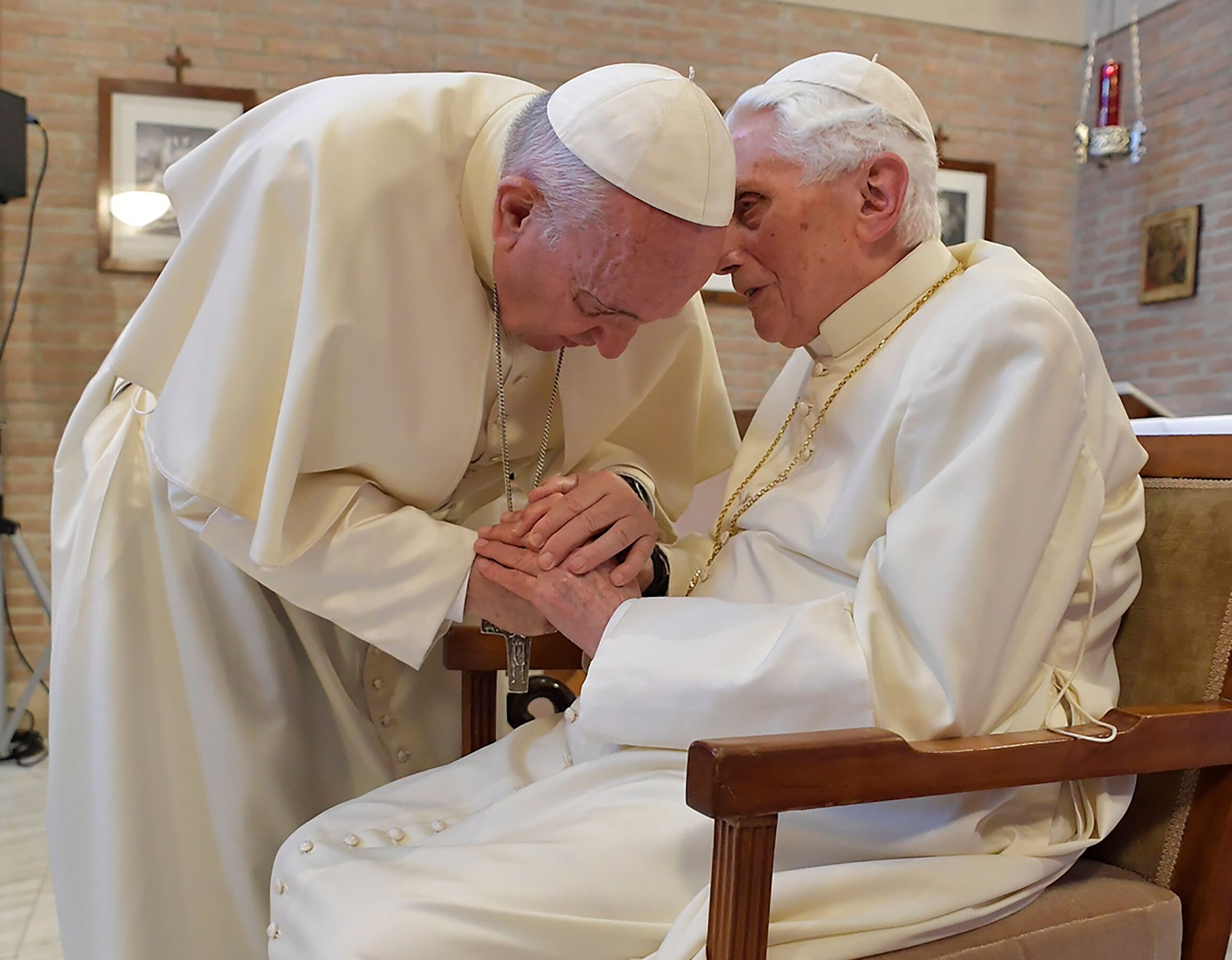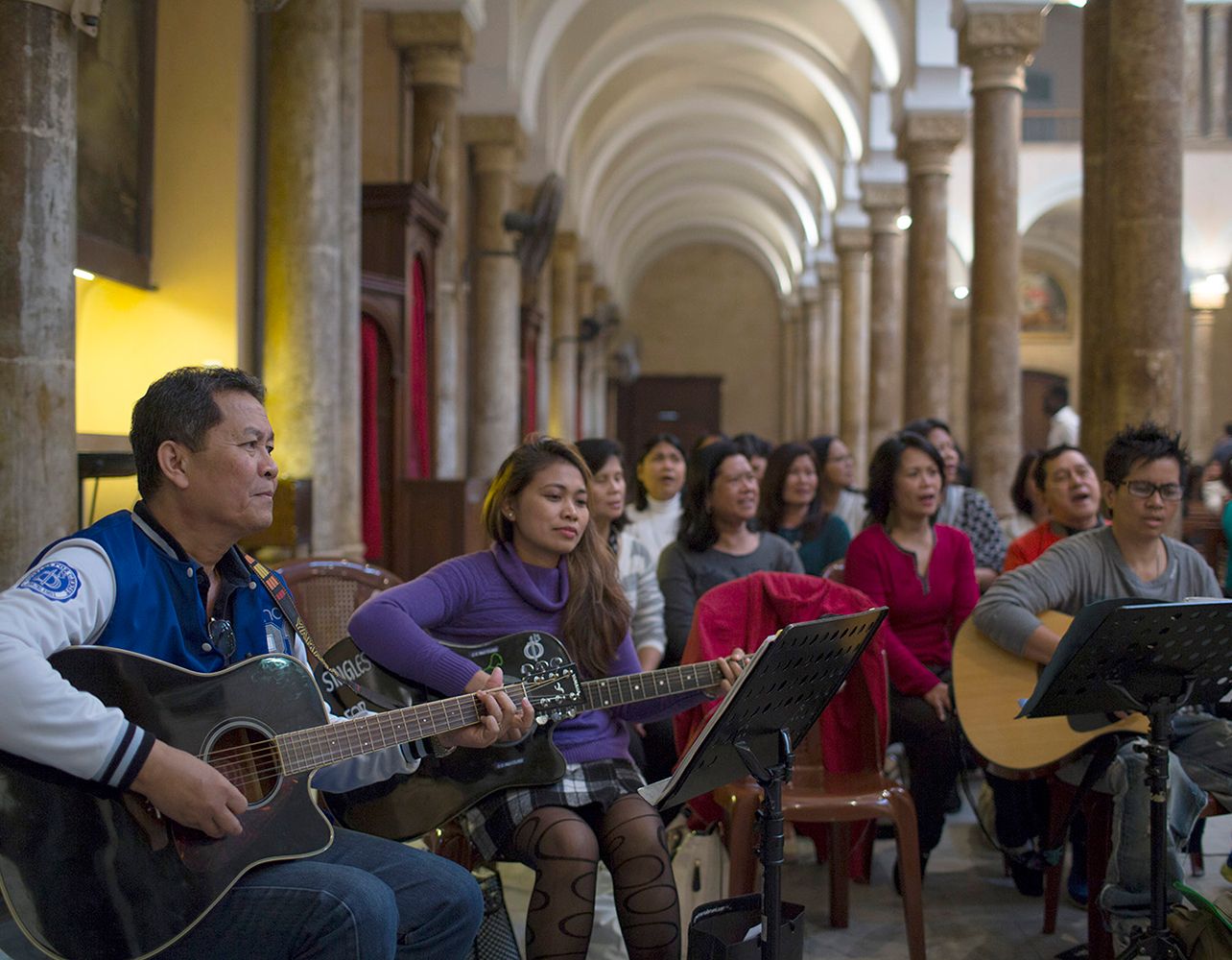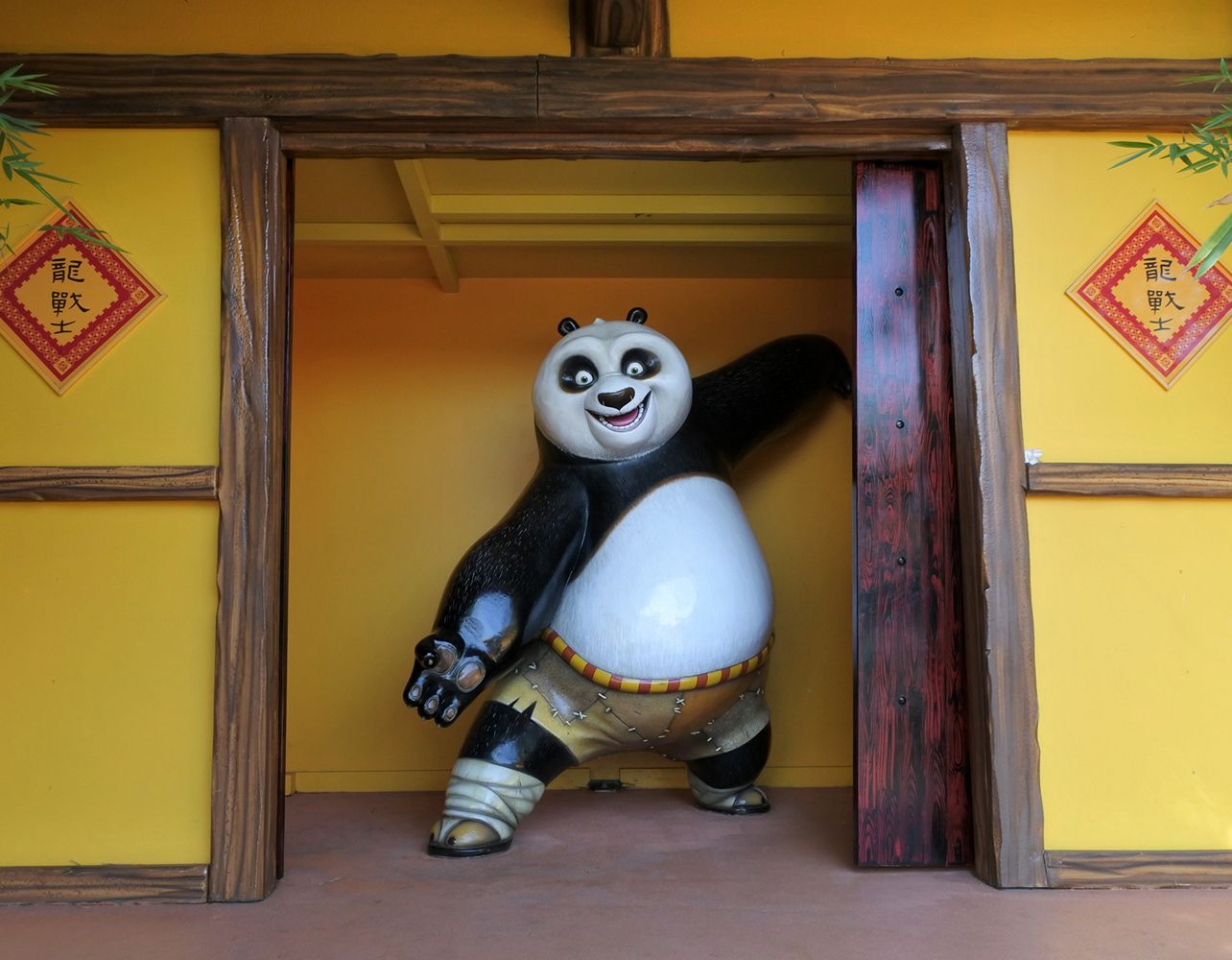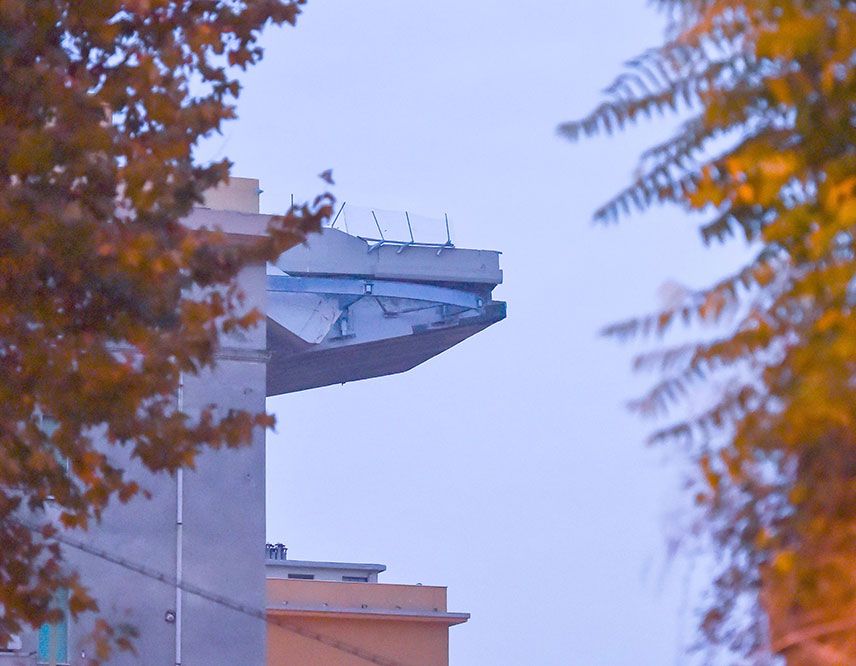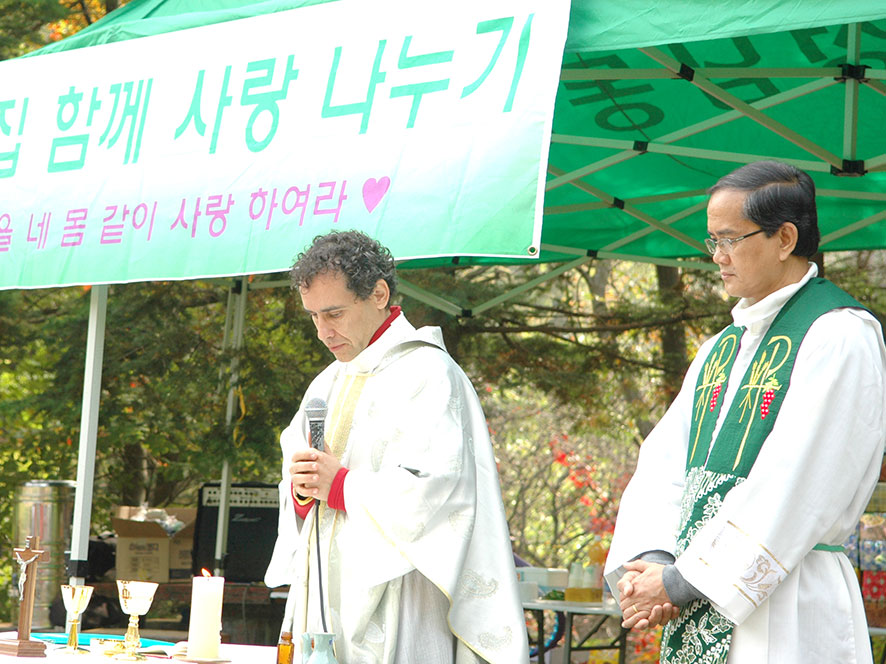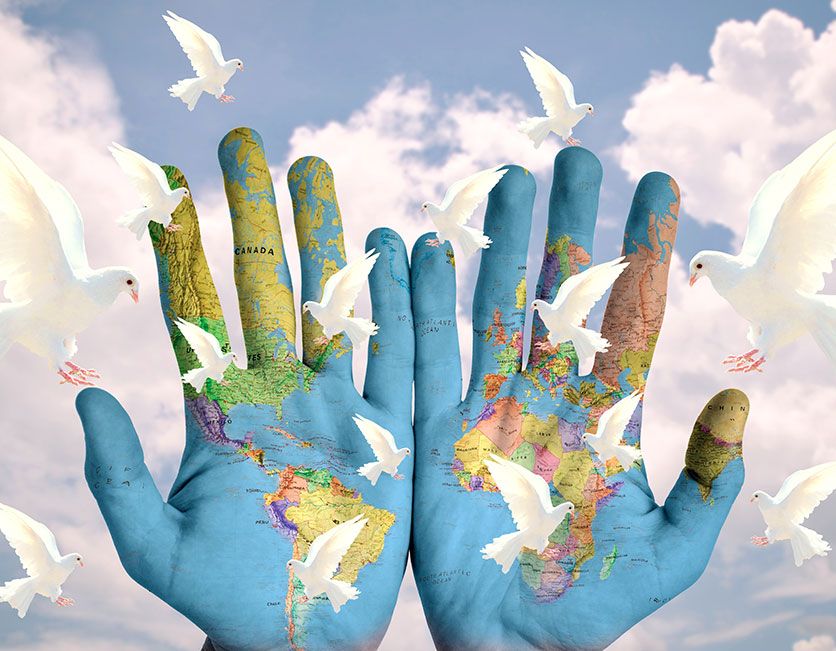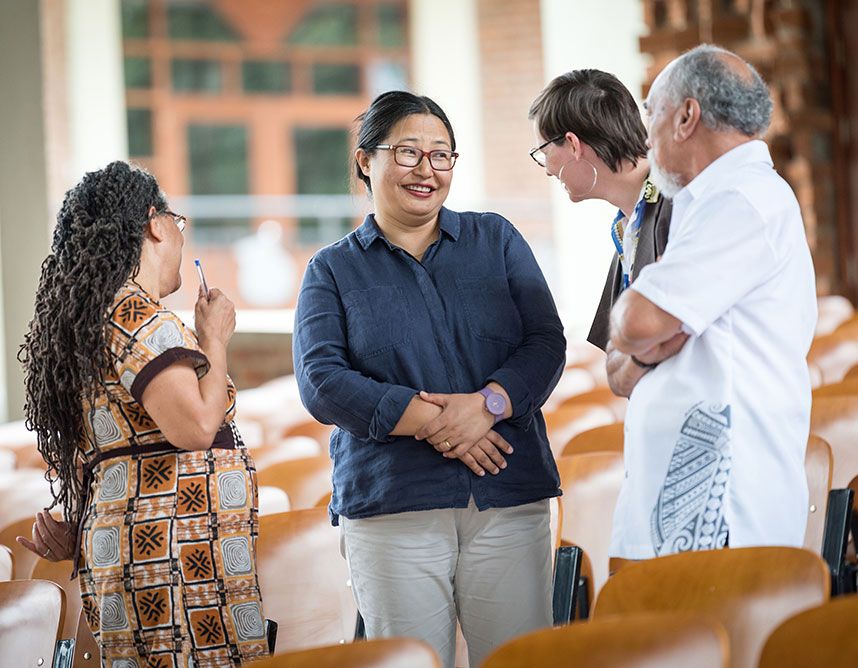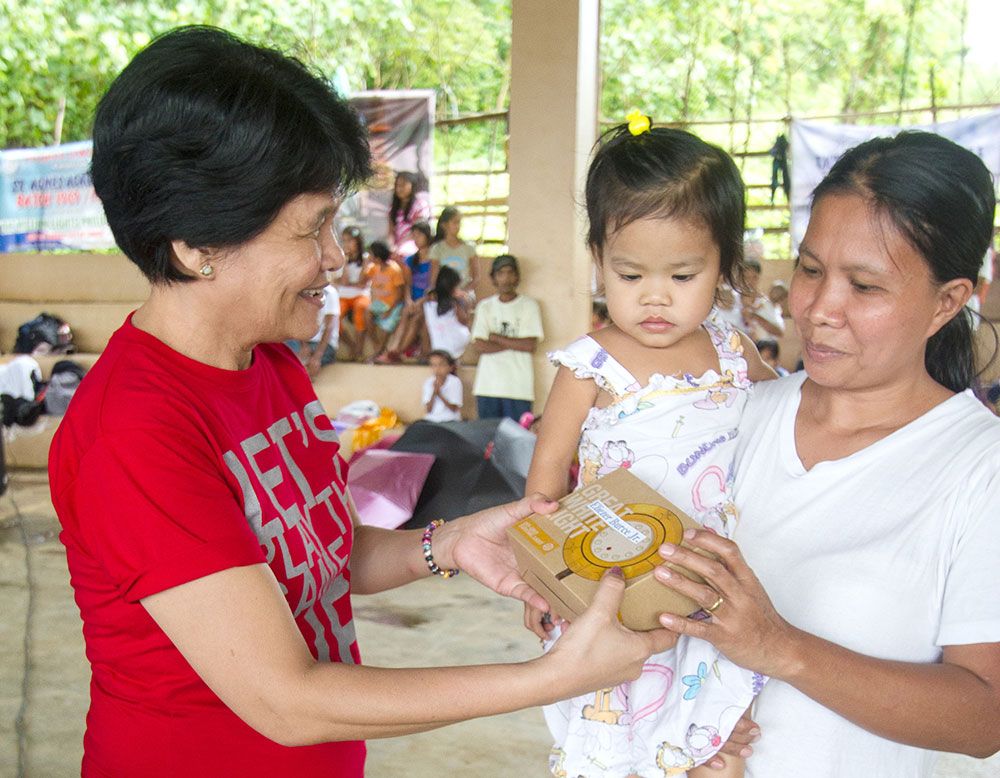What I admire most in the Good Samaritan is the alertness of his eyes to see human suffering. He was quick to perceive the pain of a stranger and ready to reach out in generosity in full measure, expecting nothing in return. He must have nurtured this sensitivity over the years, as it looked spontaneous, natural and unassuming.
Further, so many of us hastily pass by, because ‘hearing, we do not want to hear; seeing we do not want to see’ (Mt 13:13). A Priest and a Levite pass by, possibly many others. The cleric is worried about the proximate ritual, the businessman about fluctuating bank rates, and the politician about the impending election.
Mother Teresa heard the cry of the poor of Calcutta as she was on her way to Darjeeling for her retreat. She had seen their agony as she traveled. She prayed, cried, and returned to plunge herself into their pain, and today millions of people benefit from the services of her sisters the world over. Damien learned of the distressing condition of lepers at distant Molokai. He crossed the ocean to respond to their helplessness, edifying the world to our own days. Xavier left his professorship at Paris University when he heard of the needs of Asia’s millions. Today his memory is cherished from one end of the Continent to the other for the services he rendered.
Sensitivity to pain is a gift that we need to cultivate, and alertness to others’ needs is an enviable ability that brings blessings to both the benefactor and the beneficiary. A person in need is my neighbor, whether he belongs to another part of the world or to another culture. I should make myself his neighbor as the Good Samaritan did. But how hard it is to do so!
As COVID-19 raged, what Pope Francis noticed was a sea of indifference. He himself was alert to the needs of people in distant lands. Immediately on hearing of the outbreak of the pandemic in Wuhan, he sent six hundred thousand masks to China for the provinces of Hubei, Fujian, and Zhejiang. There were similar gestures of solidarity in various places for a while. But soon enough, as tens of thousands were dying, there began a war of words as to who had neglected their duty which led to the spread of the pandemic.
Commercial Considerations Prevail
What was worse, a competition began as to who would produce the coronavirus vaccine first. Everyone knew that profits would be highest for the first producer. There was no sense of guilt about taking advantage of the poor during the greatest human tragedy in recent history.
As robbers attacked the traveler from Jerusalem to Jericho, ‘robber barons’ manufacturing drugs decided to rob the neediest. There began a vaccine war! Drug companies cozied up to political potentates to become privileged producers and distributors of the much-awaited vaccine. There were even rumors of cyber-hacking of hospitals!
This is the insensitivity that is evident today in an “economy of exclusion and inequality”, an economy that kills, exploits, oppresses, excludes, and marginalizes…making people outcasts (Evangelii Gaudium, n. 53).
Business bosses behave like Jacob’s sons who sold their brother Joseph to slavery, placing commercial interests above brotherly affection (Genesis, 37:26-28). There are too few who desire like Reuben to rescue their brothers and sisters in the most pitiable conditions (Genesis, 37:29-30). All they want to do is to wipe off the stain of blood from their hands and present a sophisticated economic explanation for the high prices and the heartlessness they showed (Genesis, 37:31-32).
Strangers Are Strangers No More
Those who suffered most were migrant workers. The tragic situation in many parts of the world is that the work of the migrants is required by the economy but their presence is resented by the indigenous communities. Their talents, creativity, and industriousness which make a major contribution to economic expansion can be looked upon as a threat by indigenous people. If they go further in asserting their identity or competing for remunerative jobs, tensions deepen.
What is worse, as Pope Francis says, is that the anxiety of indigenous people is exploited for political purposes, giving rise to “a xenophobic mentality, as people close in on themselves…” (Fratelli Tutti, n. 39). The greater the cultural distance between the immigrants and the indigenous people, the harder it is for them to build up mutual relationships.
The Jews considered Samaritans senseless (Sirach, 50:26). It was a person of such a despised society that came to the rescue of a Jew in trouble (Luke, 10:33-35). The Good Samaritan decided, “strangers are strangers no more.” It will be such people who will hear at the end of time, “I was a stranger and you welcomed me” (Matthew, 25:35); “Inherit the kingdom prepared for you” (Matthew 25:34; Fratelli Tutti, n. 84).

